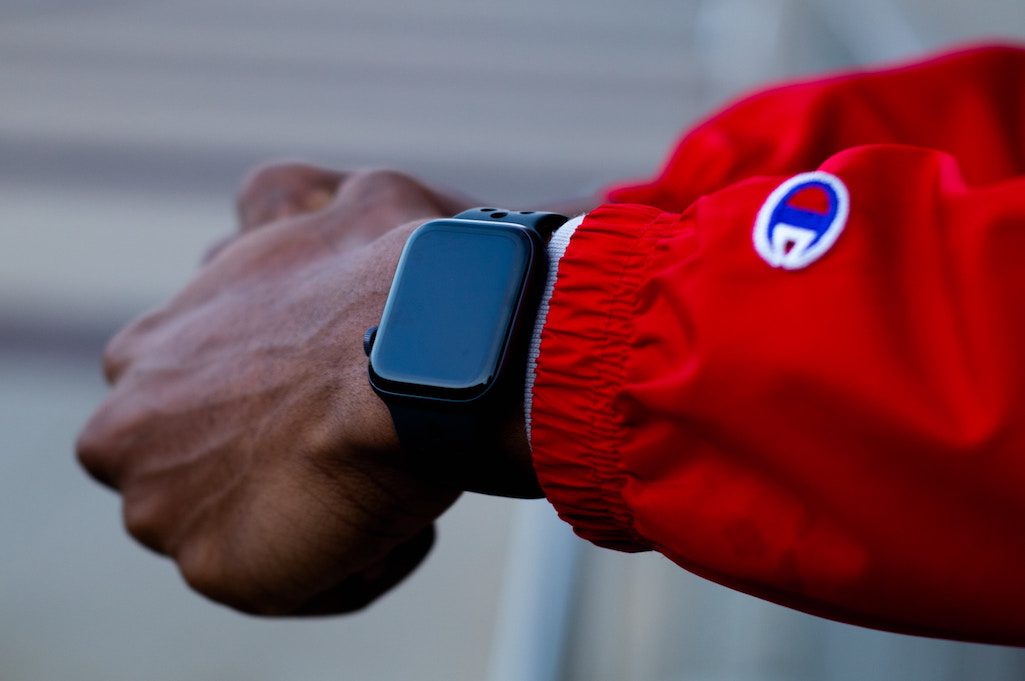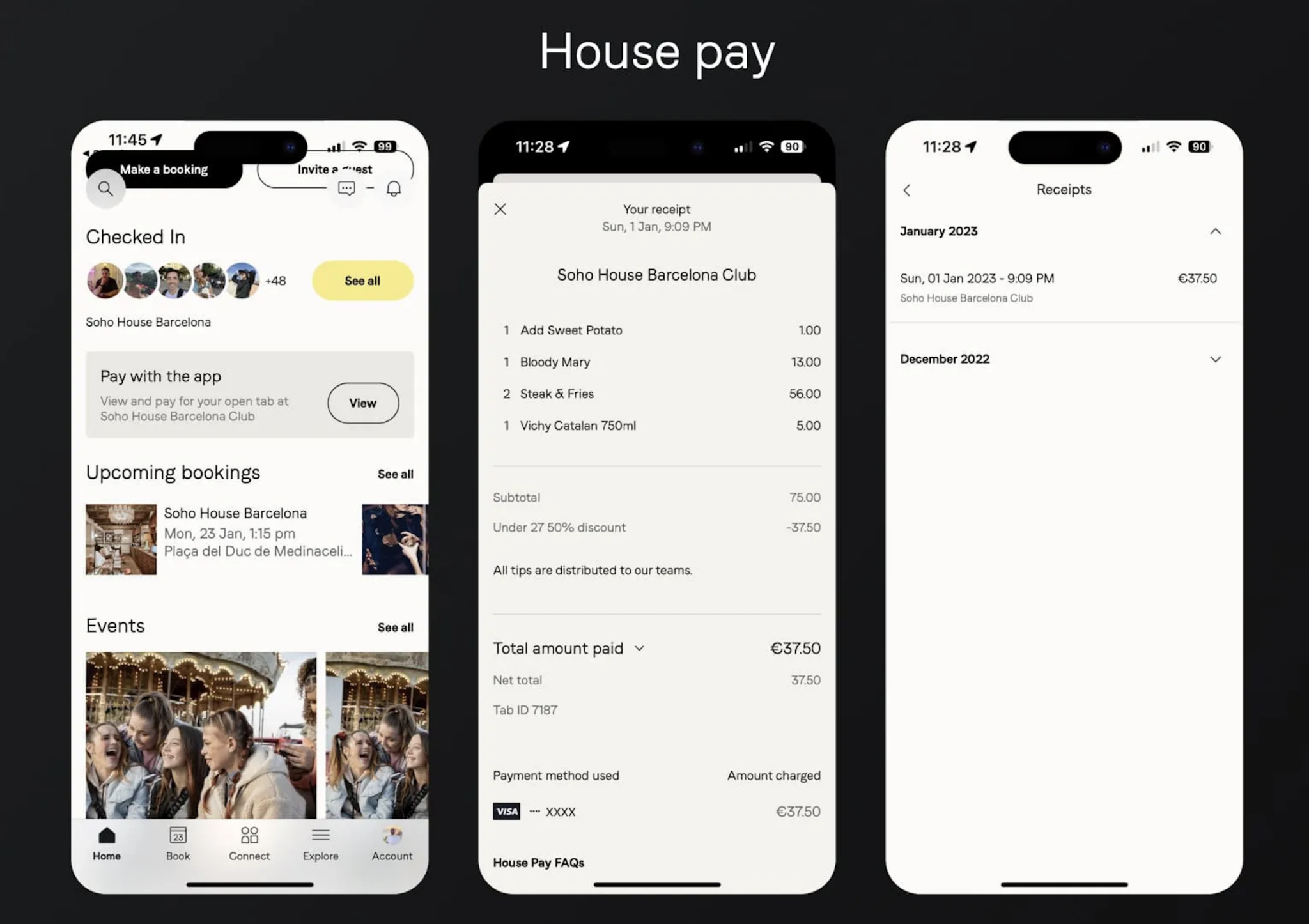Which Brand Will Win the Holiday Wearable Battle?

Skift Take
It’s that time of year: the holiday shopping scramble. We have no doubt that fitness trackers will be under many trees this year. The only question is which wearable will win this holiday season?
For fitness fans of Orangetheory or Peloton, the answer is probably simple: the Apple Watch. The tech giant recently partnered with both exercise brands, creating special features that easily sync with the watch. At Orangetheory, for example, people can use the Apple Watch as a heart rate monitor rather than having to wear Orangetheory’s separate, cumbersome device.
Low-cost wearables like the Chinese brand Xiaomi — which grew sales by 74 percent from a year ago — are also gaining popularity. Fitbit has gotten into the more accessible wearables market too, allowing it to potentially compete with Xiaomi while differentiating itself from the Apple Watch. Our prediction: Sales will be up across the price spectrum.
What may not be under the tree? Quite as many Peloton bikes as the company would like, thanks to its recent ad blunder. Competitors like iFit and Mirror are garnering buzz and raising funds in the connected fitness equipment space, and Peloton’s stock has shown vulnerability.
Speaking of the holidays, we’re signing off for 2019, and this will be our last wellness newsletter in this format. Expect exciting news on the wellness front from Skift in 2020 as we reexamine what well-being means from a whole new lens.
Our new wellness newsletter will launch as the Luxury & Wellness Travel Report on January 2. Until then, have a happy and healthy holiday.
For feedback or news tips, reach out via email at [email protected] or tweet me @lesliebarrie.
— Leslie Barrie, Wellness Editor
Wearables

Orangetheory Teams Up With Apple Watch: Apple is firmly planting itself in the fitness field thanks to its latest partnership with Orangetheory. Customers who own an Apple Watch can now use the device to track their heart rate and sync their stats with Orangetheory’s displays, rather than needing a separate heart rate monitor. Apple also recently announced a similar team-up with Peloton, signaling that Google’s Fitbit has some catching up to do. Read more here.
Xiaomi Makes Its Mark in the Global Wearable Market: Though talk of wearables has mainly centered around Apple and Google in the U.S., Chinese electronics brand Xiaomi is seeing sales skyrocket in Asia. It now holds 27 percent of global wearable sales, partly thanks to its low-cost devices. Google and Samsung have followed suit with more affordable wearables too. Apple probably won’t launch a basic version, which could present sales challenges. Read more here.
Fitness
Peloton Rival iFit Lands $200 Million in Funding: Legacy wellness company ICON Health & Fitness just raised $200 million for iFit, its connected exercise equipment line. Though iFit may be a less well-known version of Peloton, the company hopes to change that with this funding by using some of the money to increase brand awareness. After the backlash to Peloton’s holiday commercial and a recent stock drop, it may have an opportunity to do so. Read more here.
Work
How Wellness Is Changing the Office Space: In today’s stressed-out climate, companies are starting to think beyond aesthetically pleasing office spaces, factoring in how design can help encourage employee well-being and productivity. We expect to see more attention paid to factors such as natural light and air quality in the coming decade rather than vanity perks like ping-pong tables and free snacks and beer. Read more here.
Home
Apartment Complexes Are Incorporating Holistic Well-Being Offerings: While an in-building gym is still a real estate perk, some apartment complexes are exploring what wellness benefits they can provide residents beyond a few treadmills and weight machines. For example, some buildings are offering cooking demos from local chefs to build a sense of community and share healthy eating habits, while others provide spaces for residents to meditate. It’s an interesting way to draw in tenants, though of course these buildings tend to come with high price points. Read more here.
Skift Wellness Editor Leslie Barrie [[email protected]] curates the Skift Wellness newsletter. Skift emails the newsletter every Thursday.
Sign up for Skift’s Wellness Newsletter





